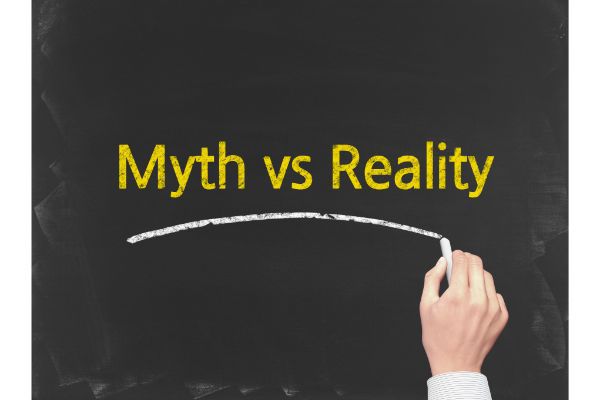Law School Myths And Reality: Law School is Nothing But Reading

There are many myths perpetuated by law school, whether from the public’s general perception of lawyers or the way that law school is portrayed in television shows and movies. Of course, the latter is limited since there are not that many true portrayals of law school in tv and film since perhaps law school as a setting and subject is not the most compelling. Nevertheless, those who have never attended law school tend to accept and believe the prevailing myths, although the reality is quite different.
The image of a typical law student tends to be shrouded in the image of someone who spends all his or her time reading for hours upon hours in the library, only leaving to eat and sleep. Law school is perceived as offering law students no balance between work and life. However, the reality is quite the opposite as law school delivers a multi-faceted education that provides many opportunities for law students to develop skills outside of the typical class regimen.
The perception that law school is nothing but excessive reading with little or no time for recreation is true to a degree since law school classes tend to demand a large amount of reading. However, like undergraduate classes, proper planning and scheduling of assignments should provide all the time necessary to complete any reading assignment while leaving time to refresh and regroup.
Upon entering an undergraduate institution, most students plan and expect to take weekends off in pursuit of leisure activities. In contrast, most law students have outgrown this need and urge to recreate (“party”) and may use the weekends to outline any material covered during the week or just catch-up with any reading. This should leave plenty of time to take a few hours off on both days of the weekend to exercise, watch a movie, or just relax.
The California Desert Trial Academy (CDTA) goes beyond teaching the hard skills, i.e., the substantive law, that is primarily learned through reading and classroom lectures. The CDTA additionally focuses on teaching students the soft skills, those primarily interpersonal and analytical skills that complement the hard skills that law students learn as the substantive law. Soft skills are universal and necessary in circumstances that do not necessarily involve employment.
Soft skills complement hard skills and enable students to operate in any environment, work cooperatively with fellow workers, perform to the best of their abilities, and successfully achieve short-term and long-term goals. The CDTA places great emphasis on developing the soft skills utilizing activities that go beyond reading a textbook.
The California Desert Trial Academy offers a series of ancillary activities that include the Saturday Enrichment Program, the Weekly Barrister Luncheon, workshops with faculty, lawyers and judges, and other extracurricular activities that, in addition to creating a holistic law school experience that goes beyond reading, also promote CDTA’s commitment to the inclusion, not exclusion, of students with other students, faculty, and alumni.
The California Desert Trial Academy (CDTA) is a 21st Century law school that moves students toward a successful legal career on the first day of class. We believe that practical experience in tandem with legal knowledge is the best road to a successful, rewarding, and prosperous legal career. Call us today at (760) 342-0900 or find out more online here.


